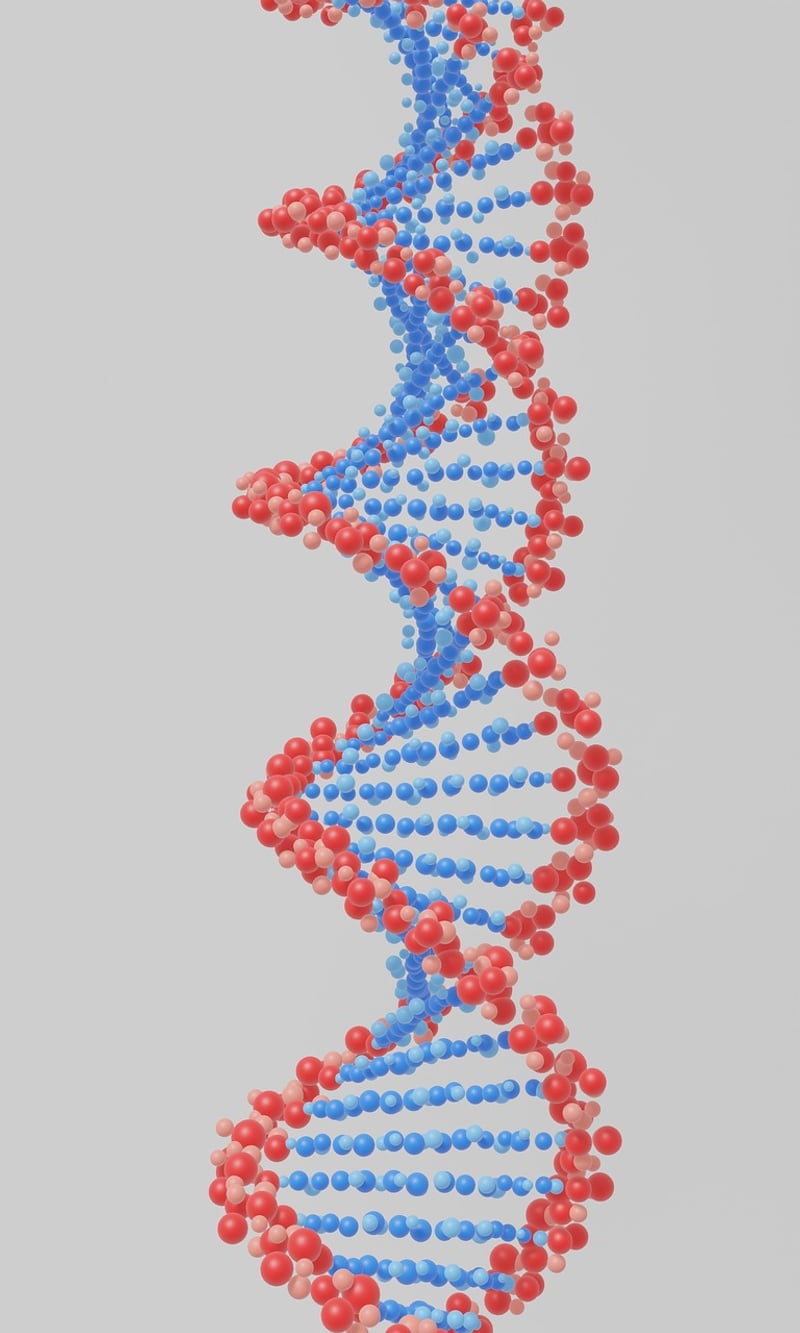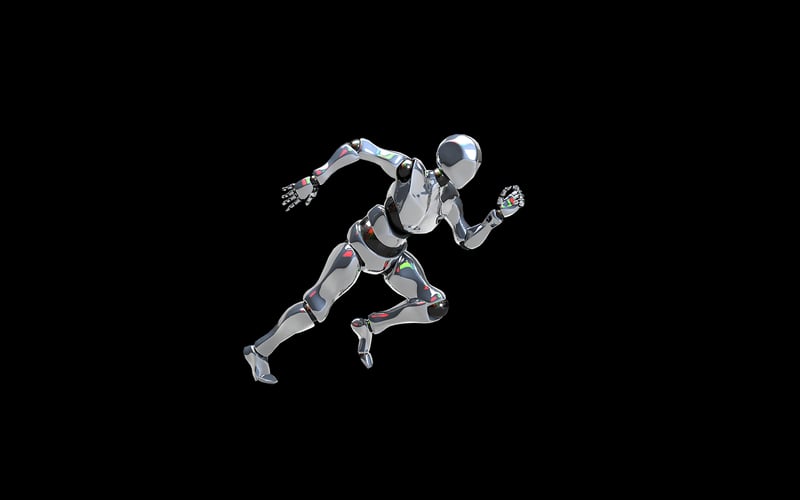Future Alterations
The Ethical Challenges of Future Technological Alterations
As we stand at the cusp of rapid technological advancements, we are confronted with a myriad of moral dilemmas that accompany these changes. From genetic engineering to artificial intelligence, the choices we make today will shape the future of humanity. Let's delve into some of the ethical challenges and potential consequences of future technological alterations.
The Rise of Genetic Engineering
Genetic engineering holds the promise of eradicating hereditary diseases and enhancing human capabilities. However, it also raises concerns about playing "God" and the ethical implications of manipulating the building blocks of life. The debate around designer babies and genetic discrimination is at the forefront of this ethical conundrum.

The Ethics of Artificial Intelligence
Artificial Intelligence (AI) is revolutionizing industries and transforming how we live and work. Yet, the ethical dilemmas surrounding AI are complex. Questions of bias in algorithms, job displacement, and the potential for autonomous weapons raise significant concerns about the ethical use of AI.

Environmental and Social Impacts
Technological alterations are not limited to genetic engineering and AI. The advancements in renewable energy, nanotechnology, and space exploration also come with ethical considerations. Balancing progress with environmental sustainability and social equity is crucial for a future that benefits all of humanity.

Conclusion
As we navigate the complexities of future technological alterations, it is imperative to approach these advancements with a critical eye towards ethics. By engaging in thoughtful discussions, establishing regulatory frameworks, and prioritizing the well-being of society, we can steer technology towards a future that is not only innovative but also ethical and sustainable.
Stay informed, raise awareness, and be part of the dialogue shaping the ethical landscape of the future.
